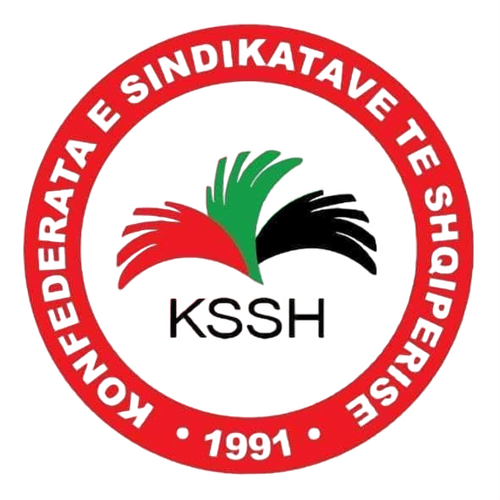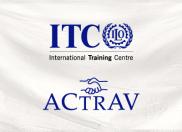Geneva, December 2020.
Unions in transition.
Declaration of ACTRAV-ILO.
Trade unions face significant challenges
The ILO Centennial Declaration on the Future of Labor identified four directions that affect the world of work. These are globalization, demographic, environmental and technological changes. These directions influence the labor markets of today and tomorrow, and the future of trade unions: the potential of organizing and serving workers, and speak with one voice to participate in a comprehensive and effective social dialogue.
While significant challenges existed before the ongoing pandemic, Covid-19 has exacerbated many of them. Think of massive job losses, entire sectors that may disappear, or people in precarious jobs without access to unemployment benefits or health care.
The current pandemic and the unions’ responses to it will determine the future of the unions.
Social, economic, environmental and developmental changes affect the future of trade unions
The shift from production to services, environmental change, the informalization of the economy, automation, and technological change determine the capacity of unions to organize and serve workers.
Today, legal restrictions and violations of trade union rights, such as the right to organize and bargain collectively for all workers, are widespread.
Not surprisingly, union membership is lower where there is a violation of union rights.
Four scenarios to respond to these challenges
In this context of rapid change, of many challenges and opportunities, what can we expect for and from unions in the future? Four possible scenarios:
Marginalization – reducing the levels of unionization and aging unions
Dualization – protection of current positions and service of members closest to them
Replacement – a process of replacing unions by others, such as NGOs, social movements, states, employers or other mediation agencies
Revitalization – innovative tactics and coalitions to strengthen unions as strong, important, democratic and representative actors in organizing the new volatile workforce in the North and South Global.
Now is the time to act
In light of these challenges, ACTRAV works to support unions to engage in debate and transformative action on the future of unions.
ACTRAV activities address trade union revitalization issues, ranging from innovative organizational tactics and services, to inclusive and effective social dialogue, expanded trade union cooperation, and internal governance.
Through various activities, ACTRAV will continue to collect examples, learn lessons from best practices, and work with unions to disseminate, scale, and replicate good practices.





